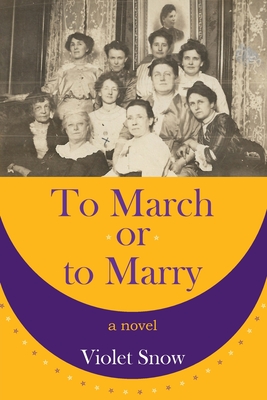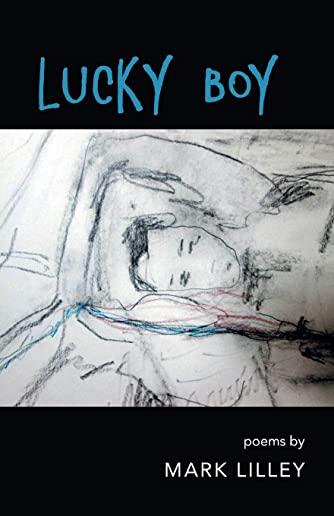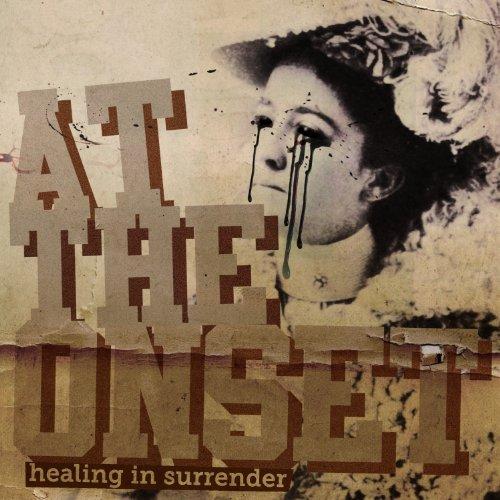
In New York City of the early 1900s, two young women find their friendship torn apart when one of them abandons the dignified, middle-class feminism of their women's club to join suffragettes marching for the vote. Abbie struggles with issues of marriage and motherhood, while Louise seeks independence, but they need each other's help to find their voices in the contentious world of emerging women's rights.
Visionary feminists Alice Paul and Harriot Stanton Blatch are among the historical figures who make their appearance in this novel about the battle for the vote and the quieter but profound influence of the women's clubs that gave women tools for changing society.
To March or to Marry shows how crises in women's lives shaped both the suffrage movement and the women's club movement, critical forces in the development of feminism. One of the protagonists is based on the author's great-grandmother, whose letters contain many references to her activities with the Athenaeum Club in the Bronx.
In the 21st century, women are coming into power as voters and as politicians, while protestors fighting for racial justice use strategies developed by suffragists. The events of To March or to Marry will serve as inspiration for today's women and activists







